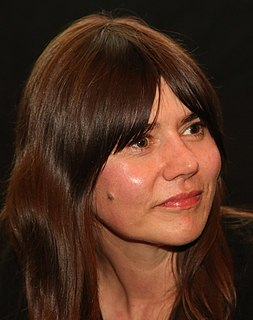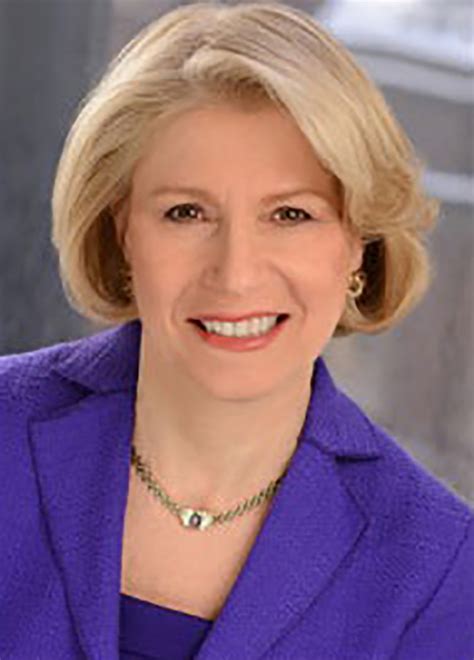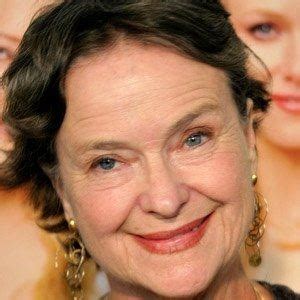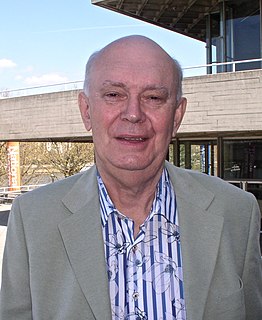A Quote by Tawni O'Dell
When I begin writing, I have no idea what my novels are ultimately going to be about. I don't have a plot. I never consider a theme. I don't make notes or outlines.
Related Quotes
It's a little bit like talking about the life of writing. The life of writing may be about many things, but it always begins with the writer. With the kernel of an idea, or a character, or an idea or a theme, or even an outcome. But for documentary photographers, photographs begin at that intersection of the real world and the imaginative inner world.
And if I'm guilty of having gratuitous sex, then I'm also guilty of having gratuitous violence, and gratuitous feasting, and gratuitous description of clothes, and gratuitous heraldry, because very little of this is necessary to advance the plot. But my philosophy is that plot advancement is not what the experience of reading fiction is about. If all we care about is advancing the plot, why read novels? We can just read Cliffs Notes.
I wanted to make a film about anorexia. I thought about it for a long time, but then gave up on this idea as I felt that this theme would be so hermetic and closed that it would not reach an audience. However, the plot about the character of Olga and the idea that a body has a lot of different meanings were still present in my mind.
But novels are never about what they are about; that is, there is always deeper, or more general, significance. The author may not be aware of this till she is pretty far along with it. A novel's whole pattern is rarely apparent at the outset of writing, or even at the end; that is when the writer finds out what a novel is about, and the job becomes one of understanding and deepening or sharpening what is already written. That is finding the theme.



































